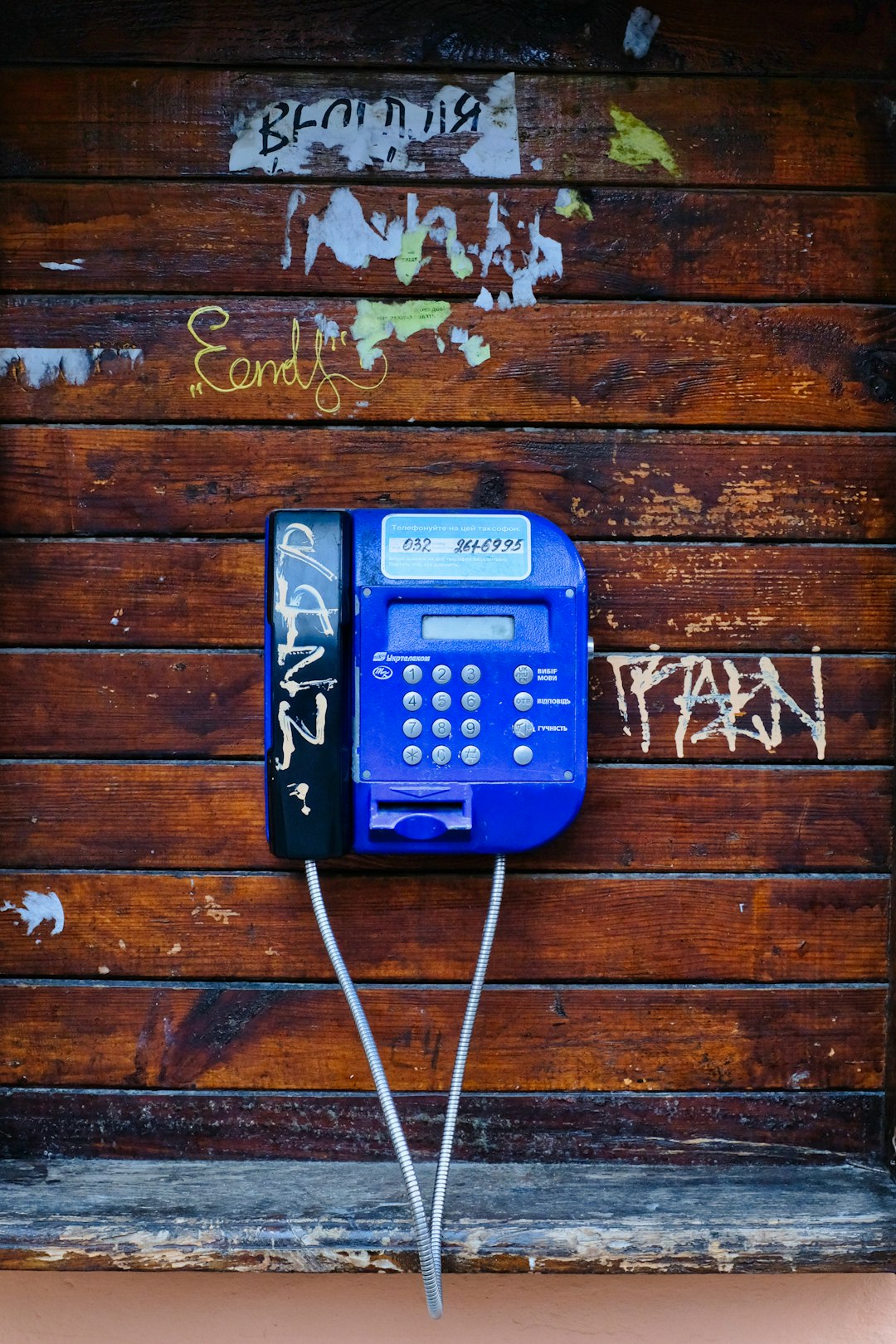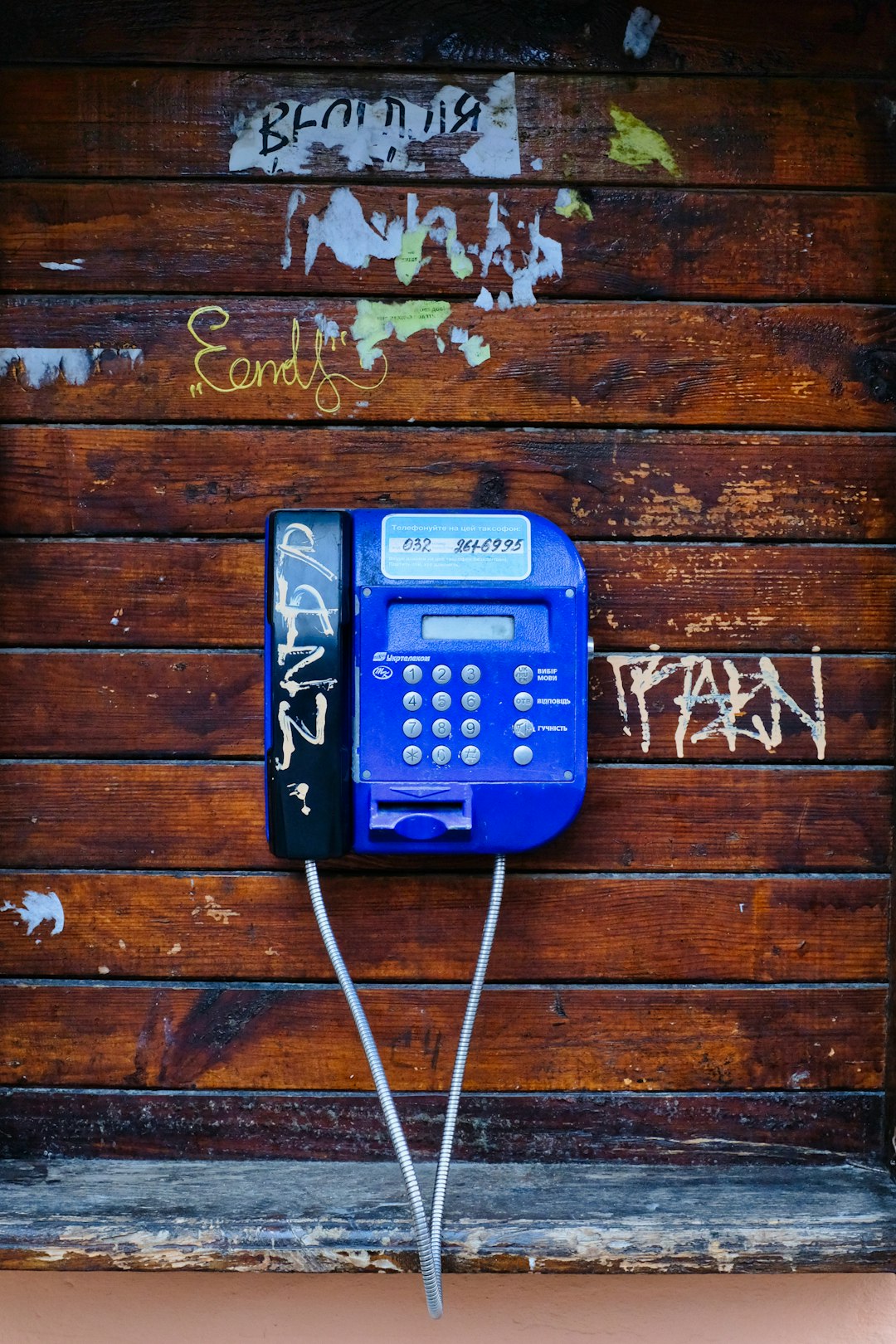In Connecticut, where spam calls are prevalent, strict laws protect residents from unwanted telemarketing. Businesses cannot use automated systems or pre-recorded messages without consent, and all calls must offer an opt-out option. Consumers can identify spam calls by robotic voices, unusual patterns, and unexpected messages. Spam call lawyers in Connecticut help navigate regulations, safeguard privacy, and hold telemarketers accountable under federal and state laws, including the TCPA. Victims have legal options like filing complaints with the DCP or private litigation for damages, call blocking, and a stop to aggressive marketing tactics.
In the digital age, spam calls have become a persistent and nuisance-some problem for residents of Connecticut. With the ever-evolving tactics employed by scammers, understanding how to handle these unwanted calls is crucial. This article explores the legal implications of spam calls in CT, common strategies used by callers, and the role of consumer protection laws in combating this issue. We also detail the legal remedies available to victims, highlighting the importance of seeking assistance from spam call lawyers Connecticut for effective resolution.
Understanding Spam Calls and Their Legal Implications in Connecticut

Spam calls, also known as unsolicited or unwanted telephone marketing calls, have become a prevalent nuisance in today’s digital age. While many states have implemented laws to curb this practice, Connecticut has specific regulations in place aimed at protecting its residents from spam calls and text messages. These laws not only restrict certain marketing tactics but also offer legal recourse for those who suffer harassment or invasion of privacy due to such calls.
In Connecticut, businesses are prohibited from making automated telephone dialing systems (ATDS) or pre-recorded calls without the prior express consent of the recipient. Additionally, any form of telemarketing or sales call must adhere to strict guidelines, including providing a clear and conspicuous opt-out mechanism during the call. Individuals who experience persistent spam calls may seek legal assistance from Connecticut spam call lawyers, who can help navigate the complexities of these regulations and provide remedies for violation of privacy rights.
Common Tactics Used by Spam Callers and How to Recognize Them

Spam callers employ various tactics to target individuals in the digital age, and it’s important for Connecticut residents to be aware of these common methods. One frequent tactic is using automated dialers that make a large number of calls quickly, often appearing as unknown or blocked numbers on call displays. These bots can generate vast call volumes, making it challenging for recipients to identify legitimate calls. Another popular strategy is pre-recorded messages left on voicemails, where the caller never interacts directly with the recipient.
To recognize these spam calls, listen for automated or robotic voices, odd call patterns, and unexpected or irrelevant messages. Spam call lawyers in Connecticut suggest being vigilant during incoming calls, especially if you receive multiple unknown calls from the same number. Additionally, be cautious when providing your contact information online, as it can lead to increased spam calls.
The Role of Consumer Protection Laws in Combating Spam Calls

In the digital age, consumer protection laws have become a powerful tool in the battle against spam calls. These regulations, strictly enforced by attorneys specializing in spam call lawsuits Connecticut, aim to safeguard residents from unwanted and often fraudulent telephone marketing practices. The Telephone Consumer Protection Act (TCPA) is a federal law that restricts the use of automatic dialing systems and prerecorded messages for telemarketing purposes without prior consent. It also mandates that businesses obtain explicit permission before sending text messages or making automated calls, providing consumers with significant legal recourse against spam call aggressors.
State laws in Connecticut further strengthen consumer protections by offering additional remedies and guidelines. Local attorneys who handle spam call cases play a crucial role in ensuring these laws are adhered to, empowering residents to take action against persistent spam callers. By holding telemarketers accountable, these legal measures discourage abusive practices and provide much-needed relief to those plagued by incessant spam calls.
Legal Remedies Available to Victims of Spam Calls in CT

In Connecticut, there are several legal remedies available to victims of spam calls. The Connecticut General Statutes (CGS) § 33a-148 et seq. specifically addresses telemarketing practices and provides a framework for consumers to protect themselves from unwanted calls. If you’ve received spam calls, you can file a complaint with the Connecticut Department of Consumer Protection (DCP), which has the authority to investigate and take action against violators.
Additionally, if the spam calls have caused significant distress or financial harm, victims may be able to seek legal recourse through private litigation. Spam call lawyers in Connecticut can help individuals recover damages, block future calls, and send a clear message to telemarketers that such practices are unacceptable. These legal remedies offer consumers a way to stand up against aggressive marketing tactics and protect their privacy in the digital age.






